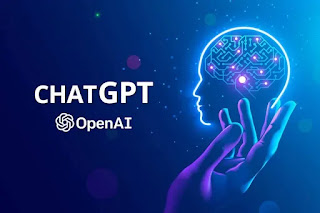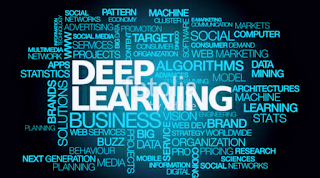What actually ChatGPT is?
ChatGPT is a powerful artificial intelligence language model that has revolutionized the field of conversational AI. Developed by OpenAI, ChatGPT is based on the Generative Pre-trained Transformer architecture, which is a state-of-the-art deep learning model for natural language processing. With its ability to generate human-like responses in a conversational context, ChatGPT has a wide range of potential applications, from customer service chatbots to virtual assistants.
At the heart of ChatGPT is its training data, which consists of a massive corpus of text data from the internet. This training data includes everything from news articles to social media posts to email correspondence, and is used to teach the model how to generate human-like responses in a wide range of contexts. The training process involves exposing the model to a vast number of examples of text data, allowing it to learn how to recognize patterns and generate responses that are contextually relevant and syntactically and semantically coherent.
One of the key advantages of ChatGPT is its ability to generate responses that are not only grammatically correct, but also contextually appropriate. This is achieved through a process known as conditional generation, which involves using the context of the conversation to guide the model's response. For example, if a user asks ChatGPT for information on the weather, the model will take into account the user's location and the current time of day in order to generate an appropriate response.
In addition to its ability to generate responses that are contextually relevant, ChatGPT is also capable of generating responses that are emotionally nuanced. This is achieved through the use of sentiment analysis, which involves analyzing the emotional tone of the input text in order to generate an appropriate response. For example, if a user expresses frustration or sadness in their input text, ChatGPT can respond with a more empathetic or supportive tone.
The potential applications of ChatGPT are vast and varied. One of the most promising applications is in the field of customer service, where chatbots powered by ChatGPT can provide fast and accurate responses to customer queries, reducing the workload of human customer service agents. ChatGPT can also be used to develop virtual assistants that can help users with a wide range of tasks, from scheduling appointments to managing their email inboxes.
Despite its many advantages, ChatGPT is not without its limitations. One of the main challenges with ChatGPT is its tendency to generate responses that are biased or offensive. This is because the training data used to train the model can contain bigoted or offensive language, which the model may learn to replicate. To mitigate this risk, it is important to carefully curate the training data and implement appropriate filters to ensure that the model does not generate inappropriate responses.
In conclusion, ChatGPT is a powerful and versatile artificial intelligence language model that has the potential to transform the field of conversational AI. With its ability to generate human-like responses that are contextually relevant and emotionally nuanced, ChatGPT has a wide range of potential applications, from customer service chatbots to virtual assistants. While there are certainly challenges associated with using ChatGPT, the benefits are clear, and it is likely that we will see this technology being used more and more in the years to come.



